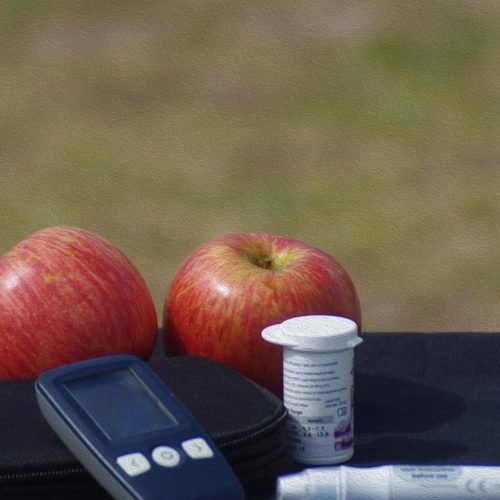Colorectal cancer, once primarily seen in older adults, is now on the rise among younger people worldwide. A recent study reveals the troubling trend is a global phenomenon.
The study, published in The Lancet Oncology, highlights an alarming increase in colorectal cancer rates among people under 50. While the United States has reported growing cases in recent years, researchers found similar trends in other highly industrialized nations and middle-income countries.
Between 2013 and 2017, colorectal cancer rates in younger individuals increased in 27 out of the 50 countries studied.
Countries with the sharpest increases
The five countries experiencing the highest surge in cases are New Zealand, Chile, England, Norway and Australia. In the United States, where approximately 20,000 people under 50 are diagnosed each year, the annual rate of increase is 2.13%.
Diet as a possible cause
Why is colorectal cancer rising among young people? The study’s authors suggest dietary changes may be a leading factor.
In the past, traditional diets consisted of foods low in fat and high in fiber. However, it is believed that increased consumption of red and processed meats, sugary products, and ultra-processed foods is significantly contributing to the problem.
What are ultra-processed foods?
Ultra-processed foods, drastically altered from their original state, often include added sugars, hydrogenated fats and artificial additives.
Examples of ultra-processed foods include:
- Frozen meals
- Soft drinks
- Hot dogs and cold cuts
- Fast food
- Packaged cookies, cakes and salty snacks
Harvard Health notes these foods are primarily made from substances extracted during processing, such as starches and fats.
Screening and lifestyle changes
In most countries, colorectal cancer screening begins when people reach their 40s or 50s. This delay leaves younger people vulnerable to late diagnoses. However, there are ways to reduce the risk.
According to the study’s authors, adopting a healthy lifestyle can make a difference:
- Maintain a healthy weight.
- Eat more fresh fruits and vegetables.
- Limit consumption of ultra-processed foods.
- Reduce alcohol intake.
- Quit smoking.
They attribute 54% of colorectal cancer cases to unhealthy behaviors.
Recognizing the symptoms
Early detection is key. Signs of colorectal cancer include changes in bowel habits, persistent abdominal pain and unexplained weight loss.
Addressing this crisis will require international cooperation. The study calls for innovative tools to tackle cancers linked to diet, physical inactivity and obesity. The study also emphasizes that these challenges may be more complex than addressing the tobacco epidemic.







































